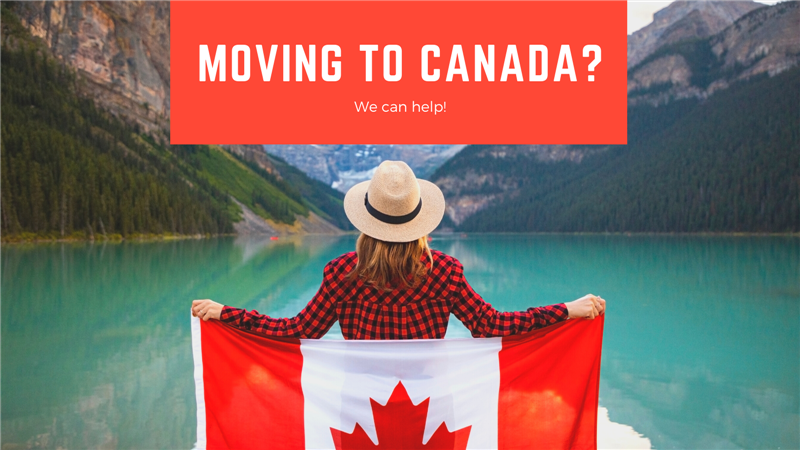Relocating to a new country is a major life decision that involves careful financial planning—especially when the destination is Canada, known for its high standard of living and excellent healthcare. For individuals and families preparing to move to Canada, understanding the monthly and annual expenses is crucial to ensuring a smooth transition.
This blog provides a detailed cost of living breakdown for newcomers, with a special emphasis on how healthcare, housing, and essential services impact budgets.
1. Housing Costs: The Largest Expense
Housing is typically the most significant monthly expense in Canada. Rental prices vary widely depending on the city or province. For example:
-
Toronto or Vancouver: Expect to pay CAD 1,800–2,500 for a one-bedroom apartment in the city center.
-
Smaller cities like Halifax or Winnipeg: Rent ranges from CAD 1,000–1,500.
New immigrants often start with renting before purchasing property. Shared accommodations can reduce expenses during the initial months after arrival.
2. Utility Bills and Internet
Utilities such as electricity, heating, cooling, and water can cost between CAD 100–200 per month, depending on the season and location. Internet services are widely available, with plans starting around CAD 60 per month.
Newcomers should also budget for a mobile phone plan, which typically costs CAD 40–60 per month for a standard package.
3. Groceries and Food
Grocery costs can be managed based on family size and dietary preferences. On average:
-
A single person might spend CAD 250–400 per month.
-
A family of four could spend CAD 600–900 monthly.
Buying local produce, cooking at home, and shopping at discount stores like No Frills or Walmart can help save money.
4. Transportation: Public vs. Private
Canada has reliable public transportation in most urban centers. Monthly transit passes cost:
-
CAD 156 in Toronto
-
CAD 100–120 in mid-sized cities
If you plan to purchase a vehicle, consider additional costs like insurance (CAD 100–200/month), fuel, and maintenance. Newcomers often begin with public transportation before investing in a car.
5. Healthcare Services and Insurance
One of Canada’s strengths is its public healthcare system. Permanent residents and citizens have access to provincial health insurance plans, which cover most medical services.
However, during the waiting period (usually up to three months in some provinces), newcomers may need private health insurance. This is especially important for individuals requiring ongoing medical care or medication.
-
Private health insurance: CAD 60–150 per person monthly
-
Prescription medications and dental care: May not be fully covered and can add extra costs
Newcomers in medical fields—such as nursing or caregiving—can benefit from early integration into the system, often gaining employment faster due to demand in healthcare services.
6. Childcare and Education
Public schooling is free in Canada, but childcare for younger children can be expensive:
-
Full-time daycare: CAD 700–1,500/month depending on the city
-
After-school programs: CAD 200–400/month
It’s essential for families with children to include childcare costs in their financial planning.
7. One-Time Settlement Costs
Initial expenses may include:
-
First and last month’s rent deposit
-
Furniture and household items
-
Winter clothing (if arriving during cold months)
These one-time costs can total between CAD 3,000–6,000 for a single person or small family.
Planning Ahead
Understanding the cost of living in Canada is essential for anyone planning to relocate. Financial preparedness ensures not only peace of mind but also the ability to access necessary services—especially healthcare—without stress.
To explore a convenient route to Move to Canada, including options without a job offer, visit the detailed guide linked here.







